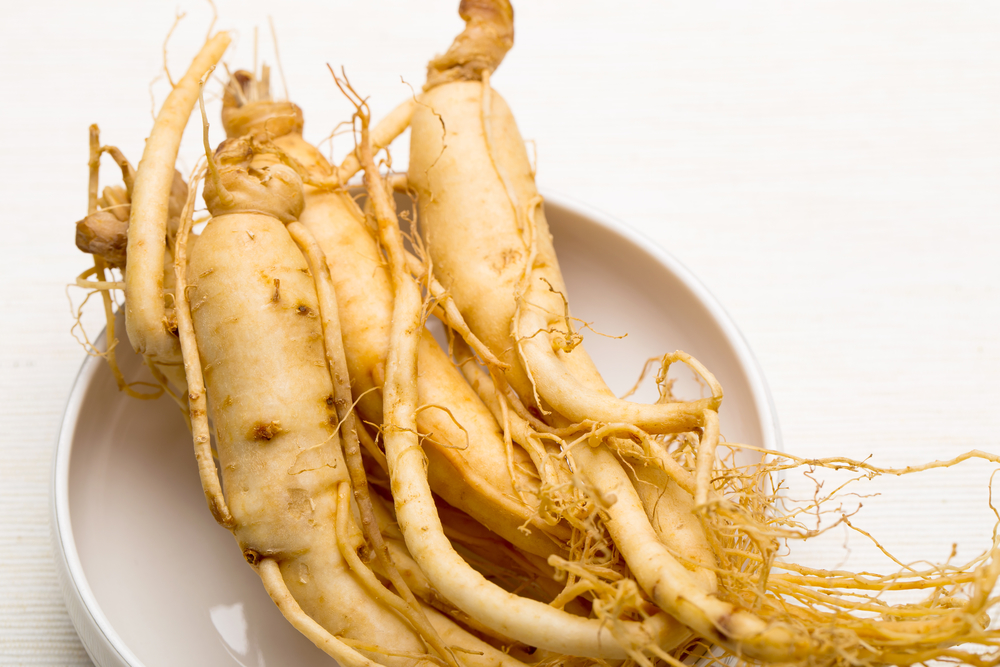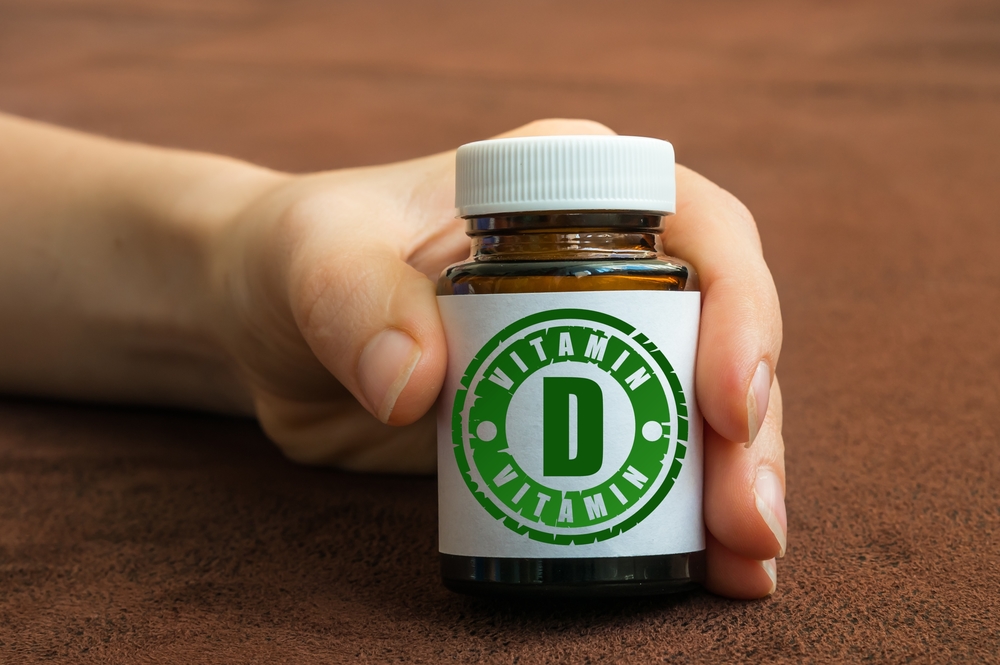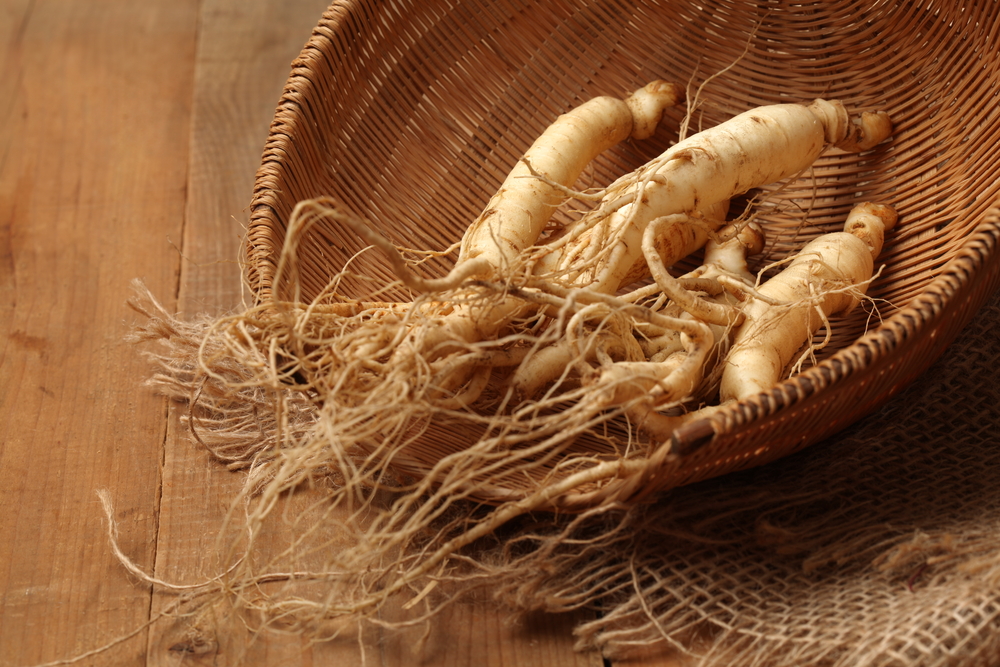Four top supplements for breast cancer

Breast cancer is one of the most common cancers in women and 1 in 8 women are diagnosed with breast cancer in their lifetime. Many women are looking for supplements to prevent breast cancer or assist in treating the disease. This article lists four top supplements for breast cancer.
Ginseng and ginsenosides
Ginseng is a widely recognized herbal medicine with antioxidant, antibacterial and antitumor activities. The antitumor activity is mainly attributed to its main constituents, ginsenosides. Scientists have found that ginsenosides like Rh2, Rh4, Rg5, aPPD can significantly inhibit breast cancer cells. Chinese Researchers found that ginsenoside Rh4 effectively inhibited proliferation, arrested the cell cycle in S phase and induced apoptosis in the MCF-7 breast cancer cell line and that significantly inhibit the growth of MCF-7 breast tumor cells in vivo experiment. A scientific research Shanghai Breast Cancer Study concluded that regular use of ginseng at a dose of 1.3 g per day may improve both overall and disease-free survival and enhance the quality of life of breast cancer survivors.
Turmeric
Turmeric is a traditional medicine for various diseases. Curcumin, the active compound in turmeric that is credited with brilliant chemopreventive, antiproliferative and pro-apoptotic properties, has been considered as a potential anticancer agent. French researchers found that a combination of curcumin and docetaxel exerted superior antitumor activity in advanced and metastatic breast cancer patients, compared with the treatment with docetaxel alone. The recommended dose of curcumin is 6.0 g/day for seven consecutive days every 3 weeks in combination with a standard dose of docetaxel. Curcumin can be obtained from daily foods or some dietary supplements on the market.
Flaxseed
Flaxseed, a member of the genus Linum, is a fiber crop mainly used for oil. Lignans, the metabolites of flaxseed, are similar to estrogens so they can attach to estrogen receptors and inhibit the growth of estrogen-stimulated breast cancer. Studies found that the use of flaxseed is associated with a reduction in breast cancer risk. Women at high breast cancer risk are recommended to take 30 to 50 grams per day of flaxseed.
Vitamin D
Vitamin D is a well-known supplement for a health boost. Previous studies have indicated that the consumption of vitamin D can reduce the chance of getting breast cancer. A new study led by Dr. Song Yao, from the Roswell Park Cancer Institute in Buffalo in New York, explored the association of the levels of the vitamin D biomarker 25-hydroxyvitamin D (25OHD) at the time of the diagnosis with the survival prognosis of breast cancer patients. The results showed that lower levels of 25OHD were associated with higher tumor stage and grade, and women with the highest levels of 25OHD had higher survival rates overall.
People are recommended to get enough vitamin D to prevent breast cancer. Foods rich in vitamin D include tuna, salmon, soy milk, cereals, cheese, beef liver and egg yolks.


